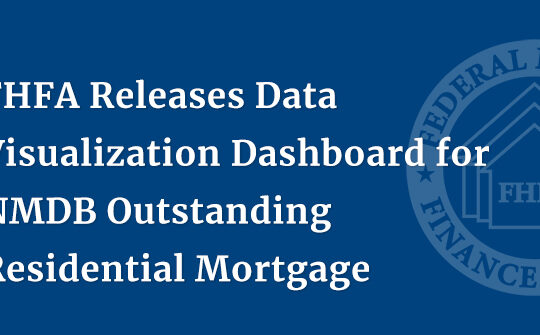Unlock the Editor’s Digest for free
Roula Khalaf, Editor of the FT, selects her favourite stories in this weekly newsletter.
The new head of the UK’s accounting watchdog has signalled he is relaxed about the continued dominance of the Big Four in Britain’s audit market, striking a more conciliatory tone towards the sector than his predecessor.
Richard Moriarty, chief executive of the Financial Reporting Council, told the Financial Times that it would not be a failure if Deloitte, EY, KPMG and PwC still audited almost all of the FTSE 100 by the end of his term.
“I certainly wouldn’t see it as a failing. I would ask myself: are they good audits? Are they effective?” said Moriarty, adding that competition in the sector was “desirable” but “a means to an end rather than an end in itself”.
The Big Four check the books of 98 companies in the blue-chip FTSE 100 and 84 per cent of the mid-cap FTSE 250, according to Adviser Rankings data.
In his first in-depth interview since taking office in October, Moriarty’s comments on competition in the industry, the watchdog’s tone towards the firms it oversees and the need for “proportionate” new boardroom rules point to a change in approach by the FRC.
Diluting the oligopoly of the Big Four was a key element of the government’s long-delayed plans to overhaul the sector following high-profile corporate failures, including at retailer BHS, outsourcer Carillion and travel group Thomas Cook, which were all audited by large firms.
Moriarty said his priority was to ensure high-quality audits and boost “public trust and confidence” in the sector, and that he was open-minded about the government’s plan to force large listed companies with a Big Four auditor to hand a portion of the work to a smaller firm.
The regulator has previously shown strong support for the plan, which would be supplemented with a fallback power to impose a cap on the market share of any individual firm. But it has been unpopular with companies and most of the profession, including some of the firms it was intended to help.
While his predecessor Sir Jon Thompson took over with a remit to curb substandard audits, Moriarty has joined as ministers move to limit red tape for businesses.
As well as softening its position on competition, Moriarty, who led the UK’s aviation regulator for five years until this spring, signalled the watchdog would moderate its tone towards the industry as part of efforts to attract the “best brains”.
“I’m really keen for us to be part of a system that encourages people into the profession [and] that it’s seen as a great choice for talented people,” he said, comparing auditors to doctors and solicitors, who were “highly diligent, highly trained”.
“There should be a kudos for the profession,” he added.
Thompson often struck a harsher tone, saying this year that auditors who thought robust regulation was disproportionate deserved “the world’s smallest violin”. Audit bosses, including PwC UK chair Kevin Ellis, have warned that some of the FRC’s rebukes risked damaging the sector’s image and recruitment efforts.
Moriarty was only 10 days in the job last month when the FRC handed KPMG a record £21mn fine over serious failings in its audits of Carillion, whose collapse in 2018 sparked a backlash against auditors.
The career regulator said that although he did not get “great energy” from issuing “ever more record fines”, it was “absolutely right [and] proper” that auditors be punished in cases of serious wrongdoing.
“It’s important that we are seen as a regulator that doesn’t just enforce assertively but also wants to improve the system,” he added.
The FRC’s staff more than doubled to about 480 in nearly four years under Thompson, who toughened sanctions and imposed stricter supervision of auditors.
But a long-planned overhaul aimed at transforming the FRC into a new and more powerful Audit, Reporting and Governance Authority (Arga) has stalled. This month, ministers did not include the plans in their legislative programme for the coming year.
FRC insiders said the delay had caused huge frustration internally but Moriarty said he was encouraged by the level of consensus behind creating the new body.
He added that it was important that the watchdog was given the proposed new powers, noting that it was “a bit odd in modern corporate Britain” that the regulator can take action only against accountants.
The planned reforms would enable Arga to regulate company directors — “the first line of defence” against scandals, according to Moriarty. At present, the FRC can intervene only if a director is also an accountant.
The FRC last week ditched most of its planned changes to the corporate governance code for listed companies. The move followed last month’s surprise withdrawal by ministers of legislation that would have imposed new corporate reporting requirements on companies, including an annual statement on their financial resilience.
Moriarty said the regulator had to balance strong governance with the burden on companies, pointing to its retention of a proposal to increase companies’ reporting over their internal controls.
“Naturally, we want Arga as soon as possible . . . But I don’t sit here day in, day out saying ‘I wish I was Arga’,” he said.






